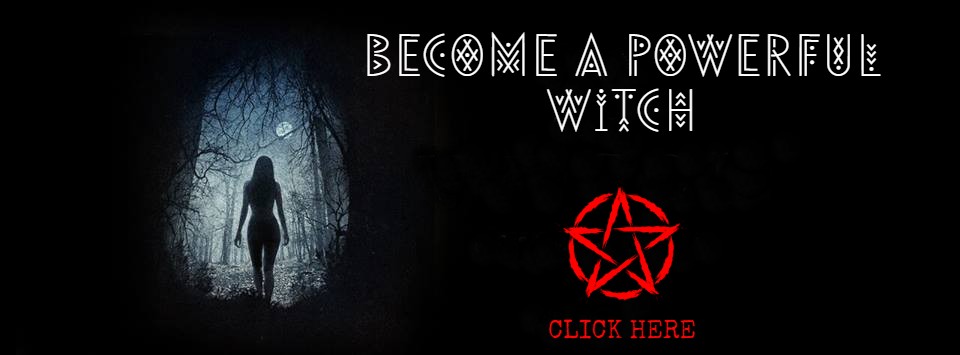Called the “river of life,” blood is identified with the soul and is the vehicle that carries the vital energy of the universe through the body. In Magic, blood is revered and feared for the miraculous power it possesses and confers. Blood that is let is believed to unleash power: sacrificial blood scattered on the earth regenerates the crops. Animals, fowl and humans are sacrificed in religious and some magical rites (see sacrifice). The blood of executed criminals is said to be a powerful protector against disease and bad luck, because of the energy of resentment and fury that is released upon execution.
Blood is used to bind oaths and brotherhood, either by mingling or in signing. Blood oaths are considered inviolate. According to lore, Devil’s pacts are always signed in blood (see Devil’s pact).
In folklore, the magical power of witches is neutralized or destroyed by burning their blood in fires — hence the common European method of execution by burning at the stake — or a practice called “blooding.” Witches were “scored above the breath” (cut above the mouth and nose) and allowed to bleed, sometimes to death. Shakespeare made use of the blooding custom in Part I of King Henry VI, when Talbot sees Joan of Arc:
Devil, or devil’s dam, I’ll conjure thee; Blood will I draw from thee, thou art a witch, And straightway give thou soul to him thou serv’st.
A few drops of blood of a person used in magical Charms and spells, sprinkled in potions and witch bottles or on effigies, is said to give a witch or magician power over that person, in the same manner as do hair and nail clippings. Animal blood also is used in folk charms and spells. The blood of a black CAT is said to cure pneumonia.
Menstrual blood.
Menstrual blood is particularly potent and is sacred to the Goddess. Menstrual flow is linked to the phases of the Moon. The blood of the Goddess, also called “wine,” “milk,” “mead” and “wise blood,” appears universally in mythologies; it is drunk for wisdom, fertility, regeneration and immortality. The menstrual blood of the Goddess is valued as a healing charm. The blood of Iris, symbolized in an ambrosia drink, conferred divinity on pharaohs. According to Taoism, red yin juice, as menstrual blood was called, confers long life or immortality. A pagan custom that has survived Christianity is the carrying of seeds to the field in a cloth stained with menstrual blood. In some shamanic cultures, menstrual periods are said to be accompanied by prophetic dreams that guide the shamaness-to-be to her path of power.
In patriarchies, such as Christianity and Judaism, men traditionally feared menstrual blood, which was associated with uncleanliness and evil. Contact with menstrual blood, or even being in the presence of a menstruating woman was considered dangerous, even fatal. In some societies, menstruating women are still shunned or iso- lated, lest they pollute the earth and harm others with their blood. In the first century, ancient Romans believed the touch of a menstruating woman could blunt knives, blast fruit (see blasting), sour wine, rust iron and cloud mirrors.
In the Old Testament, Leviticus 18:19 states, “You shall not come near a woman while she is impure by her uncleanliness to uncover her nakedness.” In orthodox Judaism, the Talmud specifies that husband and wife are to be sexually separated, and sleep in different beds, for 12 days a month (an average of five days for menstruation, followed by seven “clean days” to make sure the woman is free of every drop of pollutant). Sex may be resumed after a ritual bath, called a mikveh, in which the woman is to scrub every part of her body. It is still the custom among some orthodox Jews not to shake hands with a woman, lest she be menstruating, and never to use the same wash water as a woman, for the same reason.
In Christianity, menstrual blood has been similarly scorned and feared. Early church scholars shamed women for their uncleanliness. At various times, up to the late 17th century, menstruating women were forbidden to partake in communion, or in some cases, even to enter church. Menstrual blood was believed to spawn Demons. Some factions within the Catholic Church continue to believe menstruating women would defile an altar, one reason why they should not be admitted into the priesthood.
In some magical ceremonies, menstruating women are barred from participation, because it is believed their flux interferes with the raising of psychic power and the effectiveness of spells.
In folk magic, menstrual blood is believed to be a powerful ingredient in love philtres and charms. A few drops of menstrual blood mixed in a man’s meal supposedly will secure his undying love. Conversely, menstrual blood also is used in charms to cause impotency.
SEE ALSO:
The Encyclopedia of Witches, Witchcraft and Wicca written by Rosemary Ellen Guiley – Copyright © 1989, 1999, 2008 by Visionary Living, Inc.

